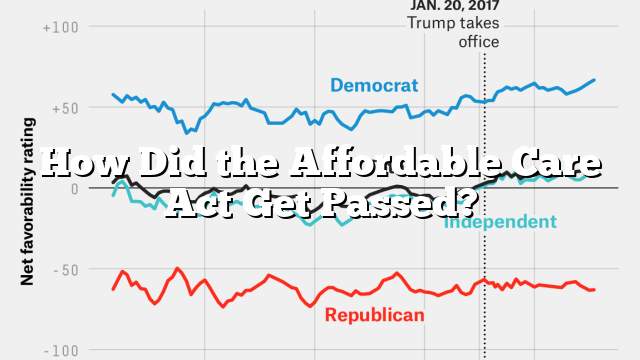

Since January 2014, the Affordable Care Act (ACA) has provided individuals with affordable health coverage through “exchanges”, depending on their income level. Individuals with lower incomes receive tax credits to assist in paying their premiums.
Families will save money by not being required to pay a penalty if they lack health coverage, leaving more disposable income available for spending in goods and services that stimulates the economy while helping keep unemployment levels at a manageable level.
Children
The Affordable Care Act (ACA) can benefit children in many ways. This legislation offers coverage options through Medicaid, state-run Children’s Health Insurance Program and new marketplace insurance exchanges; in addition it removes annual and lifetime benefits limits; most plans must cover preventive services without copays or cost sharing, young adults can remain on their parents’ policies up until age 26; premium increases due to preexisting conditions are restricted as well.
However, children may find it challenging to access affordable health coverage due to complex family coverage scenarios and how the ACA is implemented. Different states have different income eligibility thresholds for both parents and children as well as how these thresholds apply depending on citizenship status or documentation status.
eHealth has published several resources to assist children and families in understanding these differences and selecting appropriate options for themselves. These include:
Adults
The Affordable Care Act’s provisions related to preexisting conditions and discrimination against individuals with disabilities have already enhanced healthcare access for these populations. For example, insurers cannot extra-charge disabled people (Pollack 2011), while young adults can remain on their parents’ insurance until age 26 which may be particularly beneficial for people living with ID (Porterfield & Huang 2016).
The act also acknowledges prescription medication as an essential benefit and includes several provisions designed to decrease out-of-pocket costs (Dusetzina & Keating 2020; Conti et al. 2019).
The Affordable Care Act has already taken steps towards realigning health-care systems to accommodate long-term changes in quality, organisation and design of practice as well as information transparency. One provision may increase utilization of primary care by Americans to maintain good health and avoid illness; this can reduce missed workdays as well as enhance families’ financial security and economic well-being.
Small Businesses
The Affordable Care Act, commonly known as Obamacare, reforms the private health insurance market for small businesses and self-employed individuals. Now available are new services like online marketplaces, subsidies for coverage payments and adult dependents remaining on parents’ plans until age 26.
Since the Affordable Care Act’s implementation, many small businesses have experienced reduced annual health insurance premium increases than previously. Unfortunately, recent efforts to repeal and undermine it could threaten these gains.
Small business owners should discuss with their advisors how the ACA offers new opportunities and coverage products that might work for them, to find what suits best. Furthermore, small businesses must recognize that failing to offer employees health coverage could result in penalties from state regulators – this employer mandate applies to businesses with 50 or more full-time equivalent employees; small businesses with fewer than 50 FTE workers do not necessarily need health insurance but should consider doing so nonetheless.
Employers
The Affordable Care Act made affordable health insurance available through health exchanges to people without access to employer-sponsored coverage, through subsidies that help those making 100 to 400 percent of the federal poverty level pay for private coverage on those exchanges. This includes families and individuals who were previously unable to afford health insurance but now have another way of accessing medical care.
The law also guarantees that adult children can remain on their parent’s insurance until age 26 without incurring annual or lifetime limits on coverage, providing millions of Americans with preexisting conditions access to comprehensive, new coverage options.
The Affordable Care Act (ACA) mandates that large employers offer health insurance that meets certain standards or pay a penalty, or face fines and penalties. To gain more insight into its implication for employers, visit our page on Employer Mandate Information. While much progress has been made under ACA’s umbrella, more work needs to be done to enhance coverage and slow the rate of spending growth in health care costs.






